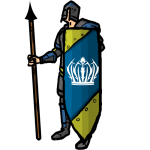 From the History of Loss and Hope, by Llanawi Puresoul of the Halls of Care, Chief Physician of the Office For Cleansing.
From the History of Loss and Hope, by Llanawi Puresoul of the Halls of Care, Chief Physician of the Office For Cleansing.
Nobody can walk upon two paths. To complete a journey, to reach a goal, one must choose a single path, and set out upon it with clarity of purpose and certain determination.
In the Second Age, the Order of Silver Light understood that sheep must have a shepherd, that the wise should rule the foolish, that the powerful should protect the weak. And they established a glorious age of peace and hope and prosperity. But they walked this path with uncertainty, one day keeping the ignorant in place and the next day bowing to their fancies, one day cleansing the land of those who threatened peace and the next making accommodation with them.
The vacillations of the Order led to uncertainty and confusion. The confused became fearful, the fearful angry, and soon the ignorant and the angry rose up against those who had given them peace and plenty, and the land was plunged into chaos. From this chaos, the Order of Silver Light rescued the land, but at a terrible price, unleashing the magical fury which we now call the Sundering.
Weaklings and fools in lands such as Virten hold the Sundering as evidence against the Order. But in truth the Sundering occurred only because in the years before this the Order was uncertain, because it lacked commitment to its purpose, because it did not do until the very end what needed to be done. If the Order of Silver Light had enforced the peace and order that it had created with true determination, then its subjects would not have risen up, war would not have racked the land, and the Sundering would not have been unleashed.
The Sundering was a tragedy. But the greatest tragedy was that it could have been avoided, and peace and prosperity maintained, if only the Order had not wavered in its commitment to maintaining strong order.
Of all the people who have risen over the centuries since, only the Argiri have learned the true lessons, the hard lessons, required to restore and rebuild the glories of the height of the Second Age: he who is ruled by compassion cannot save what he loves; he who cannot cut out the rot cannot cure the whole; for the foolish masses the only true freedom is servitude to those who can best guide them.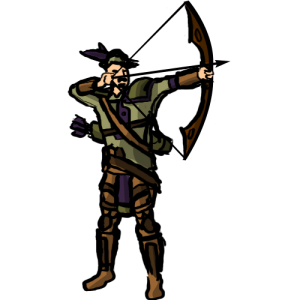
There is hope. There is hope that the order and prosperity of the Second Age might be rebuilt. But this can only be accomplished by those who have the will and wisdom to pursue this vision with unwavering commitment. The sentimentalists of Virten do not have the determination. The blood-mad Drek-Hhakrall have no vision for the salvation of the people. The mages of the New Light seek only self-aggrandizement.
Only the Argiri carry a message of salvation to the peoples of these lands. Only we have the wisdom to build a glorious civilisation as we knew in the Second Age. Only we have the will to eradicate whatever might threaten this grand vision. For us, it is a hard path to walk, fraught with difficult decisions and painful necessities. For the lesser peoples, it is easy, for they need do more than submit.

 From the report of Drudzak the Cunning-Teller, before the throne of Great Chief Kujagur of the Drek-Hhakrall.
From the report of Drudzak the Cunning-Teller, before the throne of Great Chief Kujagur of the Drek-Hhakrall.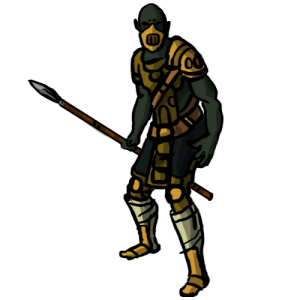 greatest chief in any land – Kujakur!
greatest chief in any land – Kujakur! From the journal of Barnard of Shelton, master trader in the employ of the Illyria Trade Council, recording his journeys to the Broken Lands.
From the journal of Barnard of Shelton, master trader in the employ of the Illyria Trade Council, recording his journeys to the Broken Lands.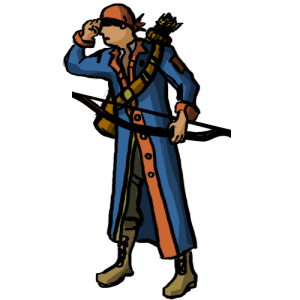 breeding and training, ruling over those less capable.
breeding and training, ruling over those less capable. The last words of Guldran, called The True Whisperer, Third High Priest of the Cult of the Black Oak, before his execution by order of the New King.
The last words of Guldran, called The True Whisperer, Third High Priest of the Cult of the Black Oak, before his execution by order of the New King.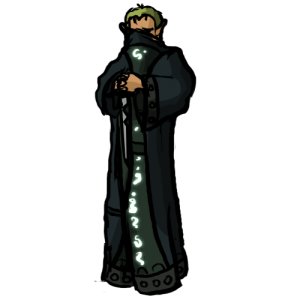 seen and known and you are blind and know nothing but you are fleshy puppets who dance at your own wakes but cannot see your own corpse lying there and rotting as you dance above!
seen and known and you are blind and know nothing but you are fleshy puppets who dance at your own wakes but cannot see your own corpse lying there and rotting as you dance above! From the Teachings of Urgrukt the Blind, first High Priest of the Kartur-Hhakrall.
From the Teachings of Urgrukt the Blind, first High Priest of the Kartur-Hhakrall.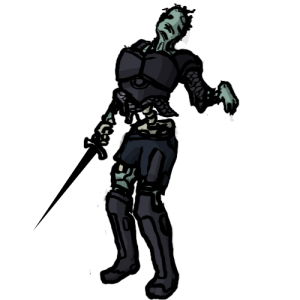
 From the Teachings of Urgrukt the Blind, first High Priest of the Kartur-Hhakrall.
From the Teachings of Urgrukt the Blind, first High Priest of the Kartur-Hhakrall.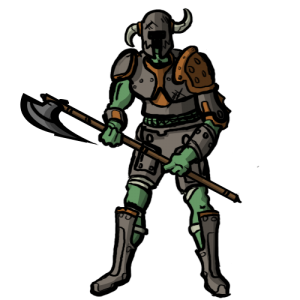
 From the journal of Barnard of Shelton, master trader in the employ of the Illyria Trade Council, recording his journeys to the Broken Lands.
From the journal of Barnard of Shelton, master trader in the employ of the Illyria Trade Council, recording his journeys to the Broken Lands.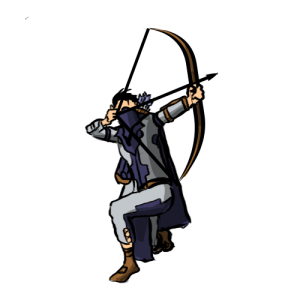
 From the journal of Barnard of Shelton, master trader in the employ of the Illyria Trade Council, recording his journeys to the Broken Lands.
From the journal of Barnard of Shelton, master trader in the employ of the Illyria Trade Council, recording his journeys to the Broken Lands.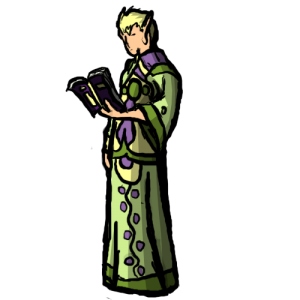
 From the journal of Barnard of Shelton, master trader in the employ of the Illyria Trade Council, recording his journeys to the Broken Lands.
From the journal of Barnard of Shelton, master trader in the employ of the Illyria Trade Council, recording his journeys to the Broken Lands.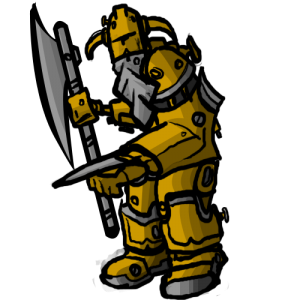
 Virten
Virten